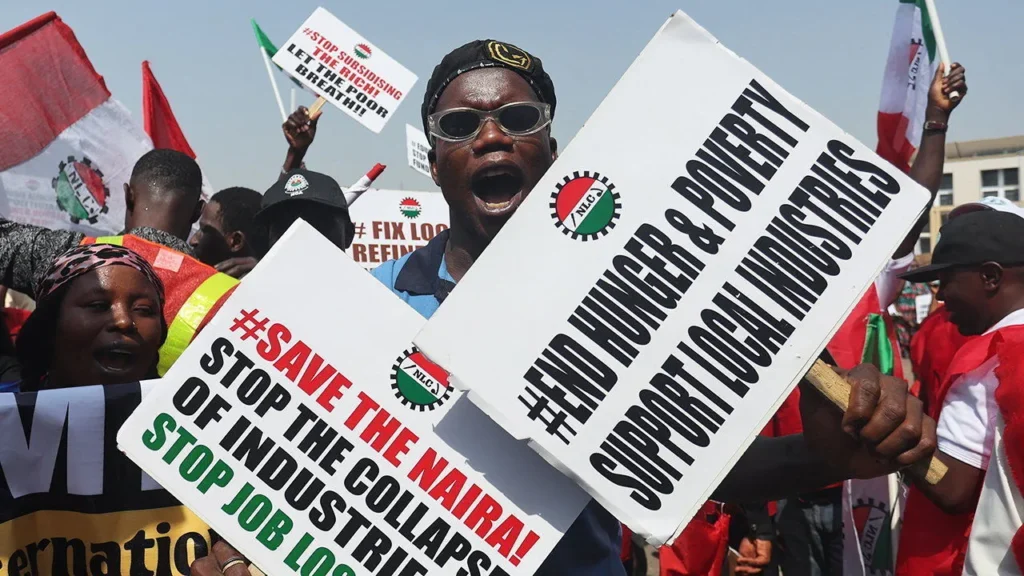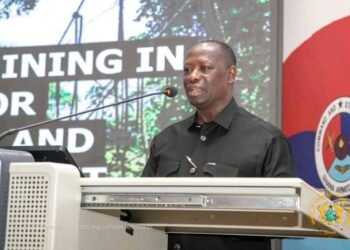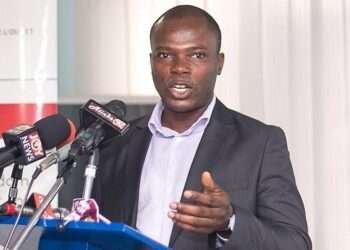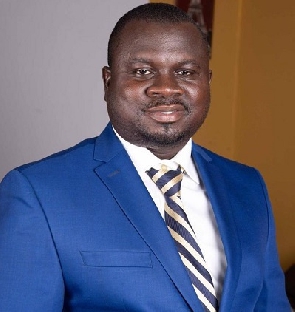In a continent rich with potential and resources, African leaders often face the critical issue of misplacing priorities, a problem that hampers the progress of their nations.
This misalignment, characterized by focusing on less critical issues while neglecting crucial ones, manifests in various aspects of governance, from policy-making to economic strategies.
While roads, bridges, and other basic infrastructures are essential for economic growth and the welfare of the populace, some governments have prioritized grandiose projects that yield minimal immediate benefits.
For instance, investments in lavish presidential palaces or international conferences often overshadow the urgent need for schools, hospitals, and clean water systems.
The South African government under Jacob Zuma spent $20 million to upgrade Zuma’s rural home, including a swimming pool and an outdoor amphitheater, justifying it as necessary security for a head of state.
Economic policies also fall victim to this misalignment. Leaders focus on short-term gains, such as attracting high-profile international events or entering questionable trade agreements, rather than developing long-term strategies for industrialization and self-sufficiency.
Health care, another critical sector, often finds itself neglected in favor of more visible, albeit less impactful, initiatives.
A classic example is the decision of the Ghanaian government to build a multimillion-dollar national cathedral during the COVID-19 pandemic when healthcare facilities were glaringly inadequate.
Outrage Over Nigeria’s National Anthem Change Amid Economic Crises
Nigerians have voiced significant discontent following the abrupt change of the national anthem, enacted with minimal public consultation.
President Bola Tinubu on Wednesday, May 29 signed into law a bill reinstating Nigeria’s former anthem, a piece discarded by a military regime in 1978.
The new anthem, starting with “Nigeria, We Hail Thee,” was written by Lillian Jean Williams in 1959 and composed by Frances Berda.
Marking his first year in office, President Tinubu hailed the anthem as a symbol of Nigeria’s diverse heritage.
However, many citizens have criticized the move, arguing it sidesteps more urgent national issues such as rampant insecurity, soaring inflation, and a troubling foreign exchange situation.

On social media, particularly on platform X, reactions have been fierce. User @Gospel_rxx expressed disbelief: “A new national anthem is a priority for Tinubu & Co at a time like this? When our people can’t eat, insecurity is rife & life is hell. What a sordid joke! Let’s see how they implement it…”
Echoing this sentiment, Fola Folayan condemned the hasty parliamentary approval.
“Changing the Nigerian national anthem written by a Nigerian, to the song written by colonizers is a stupid decision and it’s shameful that nobody in the National Assembly thought to stand against it.”
Fola Folayan
Former Education Minister Oby Ezekwesili declared on X that she would refuse to sing the newly adopted anthem.
“Let it be known to all and sundry that I, Obiageli “Oby” Ezekwesili, shall whenever asked to sing the Nigerian National Anthem [will] sing:” She then posted the lyrics to “Arise O Compatriots,” the anthem used for the past 46 years.
The debate has taken various turns, with former presidential aide Bashir Ahmad noting that some now question whether the country’s name and flag should also be changed. “What do you think? Should we keep the name Nigeria?” he asked.
In contrast, Tahir Mongunu, chairman of the parliamentary committee behind the bill, dismissed the backlash as misplaced.
He asserted that the change was “apt, timely, and important,” and would foster patriotism and cultural pride. “Changing the national anthem will chart a path to greater unity,” Mongunu emphasized.
Supporting this view, Kano resident Habu Shamsu praised the anthem’s reinstatement. “I think it is more encompassing and I like the way it flows,” he remarked.
As the nation grapples with this controversial change, the debate continues to rage, reflecting deep divisions over what should truly take priority in these challenging times.
As such, the consequences of majoring in the minors and minoring in the majors are profound. African leaders must recalibrate their focus, prioritizing the essentials to unlock the continent’s true potential and ensure long-term prosperity for their citizens.
READ ALSO: Politicians Urged to Exercise Caution in Judicial Commentary



















